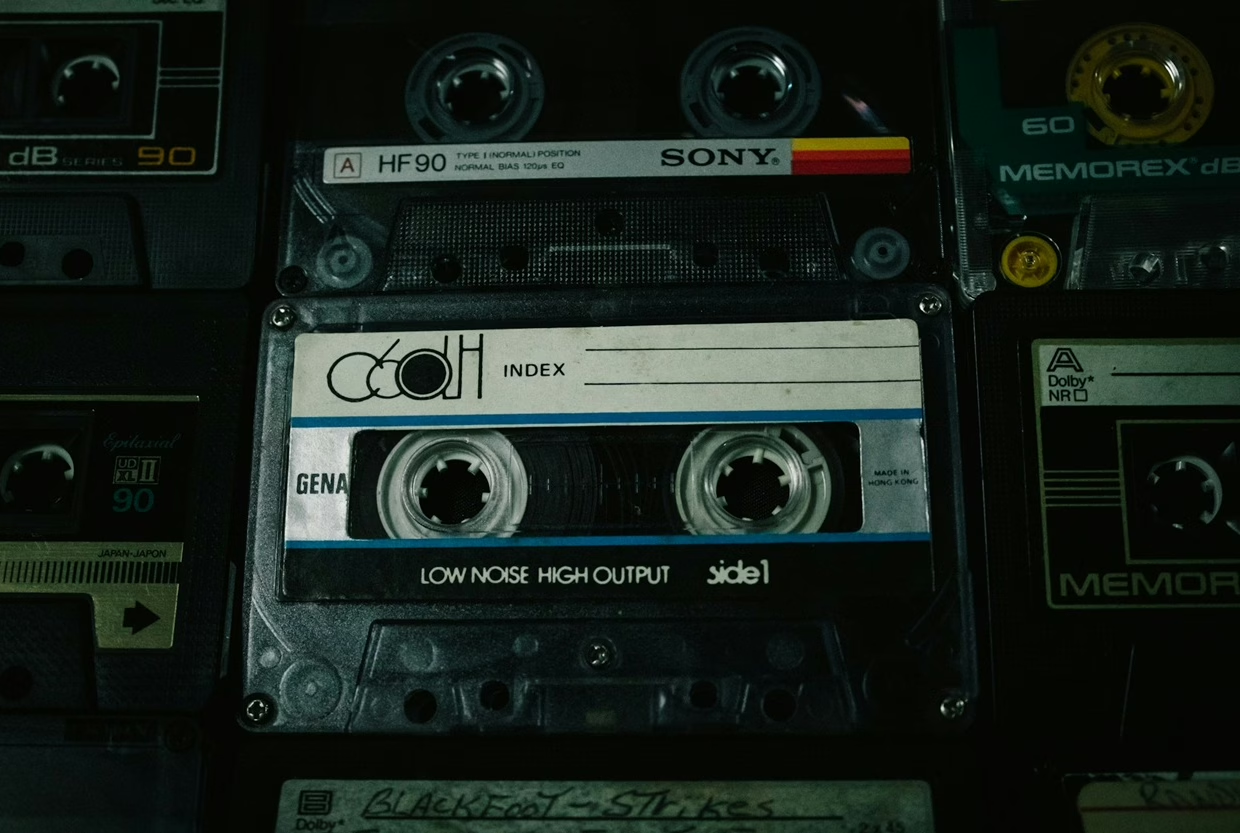Back in the early 2000s, signing with a record label was the ultimate goal in hip-hop. But as we move further into 2025, the goalposts have shifted. Many of the boldest and most original voices in the game are choosing to pursue careers without the benefit of major label industry muscle. Why? Because ownership, control, and real connection are more valuable now than ever.
Streaming Levels the Playing Field
Streaming services have leveled the playing field. Where previously radio reigned supreme when it came to exposure, now Spotify, Apple Music, and YouTube give even the smallest artists the chance to achieve large-scale recognition. You don’t have to have deep pockets to compete anymore, you just have to have good strategy and consistency. It’s leveled the field for artists from across the world.
Social networks have also added fuel to the fire. A 30-second video on TikTok or Instagram can launch an artist into millions of ears. Artists are turning short clips into long-term careers. More importantly, they’re creating audiences for their music. Through Discord servers, private live streams, and fan-subsidized work on Patreon, they’re creating lasting connections. These fans aren’t passive listeners. They’re active participants, helping to shape careers in exchange for first dibs on exclusive material and access to behind-the-scenes content.
The Digital Transformation
One of the most often-overlooked tools available to artists today is the VPN provider. They don’t just offer internet protection; VPNs enable artists to share music in safety, reach fans in new regions and protect their material from piracy.
For independent artists, for whom security and global access are central, the kind of digital freedom VPNs offer is invaluable.
Labels vs. Freedom
Yes, labels still provide reach and resources, but they also come with constraints. Long contract lengths, less creative control, and relinquishing ownership are now seen as serious downsides. Increasingly, artists are finding they’d rather bet on themselves. Let’s not forget the waves Frank Ocean caused when he released Endless and Blonde across a two-day span to fulfill a contract obligation.
That independence produces authentic and personal music that hasn’t had to negotiate the executive obstacle course. Some of the acts once popping the corks on signing are opting out in favor of producing something themselves, despite the additional work that this approach can involve. However, this extra work pays in the form of full control, passionate fans, and being able to take ownership of every snippet they release.
A Cultural Realignment
Music fans are listening to more than just the beats these days. They’re asking: Who owns the songs? Who benefits when I’m listening to this song on the radio? There is now a bigger push for transparency and authenticity. Fans are lining up behind artists whose values are the same ones they have.
That cultural shift is redefining the business. Independent solo acts are generating huge numbers, scoring big promo deals, and selling out shows. Brands are noticing the potential in working with these voices, voices which communicate directly to a knowledgeable, committed audience.
Conclusion
Independent hip-hop in 2025 is redefining the industry. These artists are demonstrating that you can have a successful independent career through being creative, being strategic and being true to yourself. No gatekeepers. No watered-down messages. Real music for real fans. The movement’s only just begun. It’s building steam and redefining the rules for the better.
